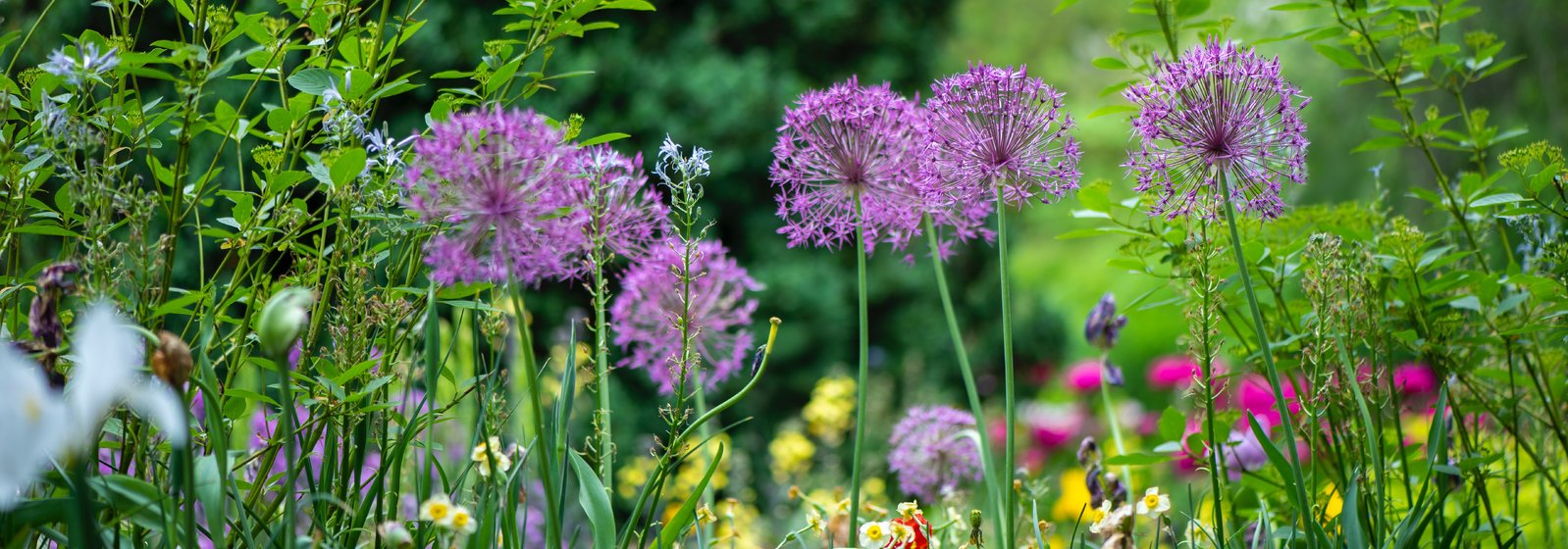
They may be small, but mice can be a big problem for gardeners. These hungry little rodents can wreak havoc in a vegetable bed, eating both seeds and young seedlings. Fruit and vegetables stored in sheds are fair game, as are bulbs, and they’ve also been known to bite strawberries off the bushes. Mice breed prolifically and it’s not really possible to keep them out of your garden altogether, but there are steps you can take to protect your plants from their sharp little teeth.
Mice, voles or shrews?
The first step in dealing with mice is to make sure it is actually mice you’re dealing with. It’s easy to get confused between mice, voles and shrews, but there are some distinct differences to look for. Mice have large eyes and ears, long tails and pointed snouts. Voles and shrews both have small eyes and ears and very short tails, but voles have rounded heads, whereas shrews have pointed snouts. Mice and voles have very similar diets, but if you have shrews in your garden, you’re in luck, as they eat many garden pests such as insects, slugs and snails.
Tips to deter mice
So once you’ve established that you’ve got mice in your garden, what can you do about it? Since mice are a key food source for owls and other predators, the best solution is to stop them devouring your vegetables without actually harming them. Here are a few suggestions to try:
- Check greenhouses and sheds for gaps where mice can get through, and seal up entry holes – remember, mice can squeeze through a gap the width of a pencil, so be thorough.
- Plant seeds in pots rather than directly in the ground, and keep them in a mouse-proof location to germinate.
- Peg down wire mesh netting over newly planted bulbs and seeds
- Alternatively, lay a thick layer of prickly holly leaves over new sowings
- Wrap wire netting around tree trunks to stop mice and voles gnawing the bark
- Some plants are said to deter mice, typically those with strong scents such as lavender, mint and sage. Although planting these is unlikely to completely solve your mouse problem, it may help in conjunction with other steps.
Using mouse traps in the garden
If all else fails and you have to resort to traps, you have a choice between humane traps, which trap the mouse alive inside a cage, or the old-fashioned snap traps which kill the mouse. Check humane traps at least twice a day, and wear protective gloves when releasing any trapped mice, far away from your property. If you’re using snap traps, place them under covers to protect other wild animals and pets from being injured accidentally. Peanut butter makes a very effective bait for mouse traps.
For help and advice on dealing with garden wildlife, come and visit us to find everything you need to solve all your gardening challenges.

